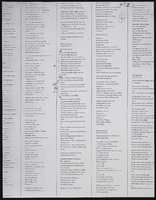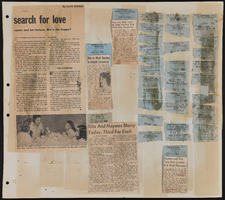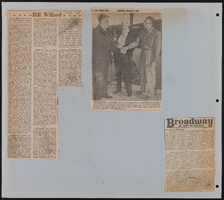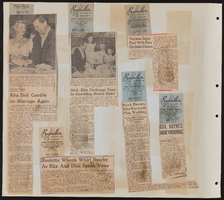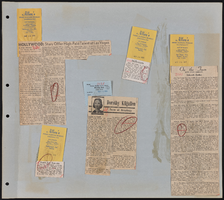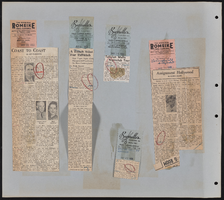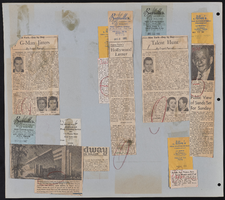Search the Special Collections and Archives Portal
Search Results

Meeting minutes for Consolidated Student Senate, University of Nevada, Las Vegas, December 07, 1982
Date
1982-12-07
Archival Collection
Description
Includes meeting agenda and minutes. CSUN Session 13 (Part 1) Meeting Minutes and Agendas.
Text
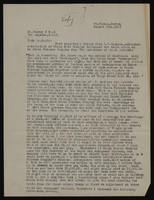
Correspondence, Levi Syphus to Dr. Wherry E. Neel
Date
1927-08
Archival Collection
Description
This folder is from the "Correspondence" file of the Sadie and Hampton George Papers (MS-00434)
Text
Pagination
Refine my results
Content Type
Creator or Contributor
Subject
Archival Collection
Digital Project
Resource Type
Year
Material Type
Place
Language
Records Classification

